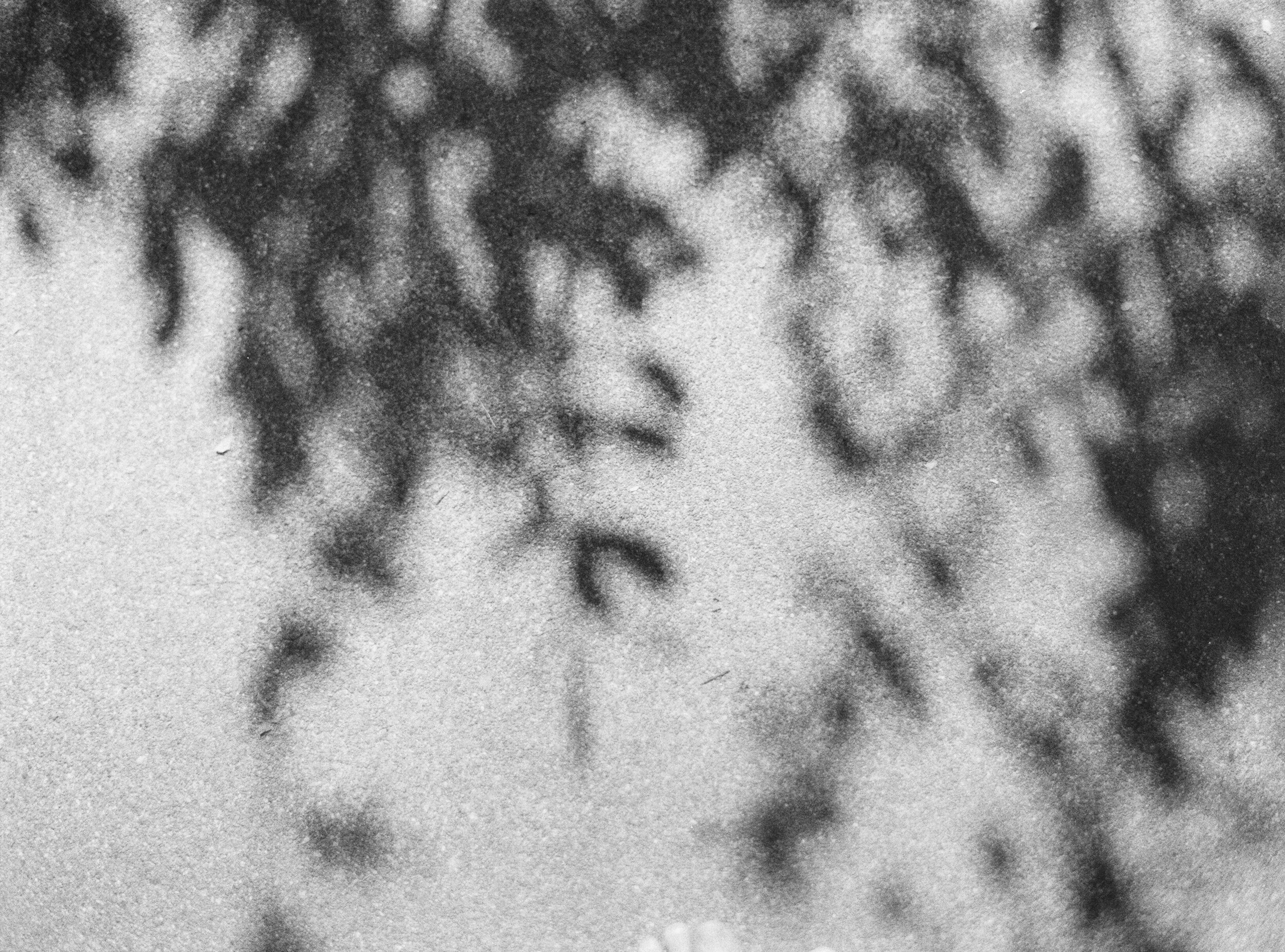After Damascus
Story and photos by: Paige Engelhardt Smith
LOS ANGELES August 2013
“Do you remember those first seventeen days, Jay?” Fadia asks.
“Eighteen days, Fadia. Eighteen!” Jay corrects her, eyebrows rising.
“Oh those first eighteen days were awful! The motel! Oh, the motel!” Fadia exclaims.
Jay and Fadia exchange stories and laugh about living in that dusty motel in downtown Los Angeles. Searching for an apartment to rent in California as two asylum-seeking Syrians was anything but easy. No jobs. No credit. No home. Their smiles and jokes and warm embraces form part of an elaborate mask to obscure the fears and loneliness felt in that bare Los Angeles motel room. Like Mardi Gras masks that shroud empty eyes and lost souls, these masks hide more than the anxieties of living in a foreign land. They hide a dark past, a bleak present, and a most uncertain future.
Fadia reaches up and touches her cheek in the warm California shade; her memories are still fresh, still acute, despite the years that now separate.
Fadia Afashe lived a comfortable life with her husband, Jay Abdo, in Damascus, complete with many of the luxuries that come with being successful artists in a welcoming community.
Jay’s talent was on screen. His Eastern European looks, multiple language proficiencies, and honed acting skills won him numerous TV and film roles representing Syrian ethnic diversity, and Syria loved him for it.
“I was like the sun walking down the road,” he said over a glass of warm cinnamon and ginger tea. “Everyone knew me.”
Fadia was known for her vibrant and colorful oil paintings that traveled Damascus in various respected art shows.
But underneath the glitz and glam, both Fadia and Jay harbored a constant fear of the police and the government.
“We had a basket for cell phones at our parties.” Fadia remembers. “They tracked us.”
With their country on the brink of civil war, the government was especially intrusive and watchful for any potential domestic threats. Fadia describes how her Facebook posts set off alarms, resulting in an infamous Assad regime interrogation. Two years later, she still refuses to talk about the details of that day.
Fear permeated their every action at home, and even now, miles and years apart, their struggle with fear continues.
“Don’t sing in the shower about freedom!” Fadia scolds a laughing Jay. “It’s not a joke. You cannot say it.” Not even American soil can protect against terrorism of the mind.
Finding asylum in America became a matter of life and death. As Fadia was still coping with her recent interrogation, a letter arrived in the mail with an offer to study at an American university in Minnesota on full scholarship. The timing could not have been more perfect.
“I did not feel safe until I was in the air, flying out of Syria,” she says. “I was afraid the government would stop my plane on the runway and force me to stay.”
Jay remembers feeling his own intense pressure to leave his country and his people. His eyes widen as he recounts how he narrowly avoided arrest and interrogation during his last weeks in Syria. Jay was one of many who participated in a progressive meeting with other artists in Damascus. But Jay was the lucky one: ten days after the meeting, he was safe in America; forty days later, all of his fellows had been arrested on suspicion of subversion and conspiracy.
Few have been as lucky as Jay and Fadia.
“They arrested him because he is smart. Ziggy.” Jay says, his brow furrowing.
Jay’s Facebook wall now petitions in Arabic for Ziggy’s release: he was an artist friend and a comedian who worked in Damascus.
“I can’t watch any stand-up comedian,” he says while staring blankly at his computer screen. “If you’re smart, it’s a curse.”
They tell of another friend, the 24 year-old son of an actor, who was also arrested. And another, an accomplished pianist involved in Syrian activism in the U.S., who learned of beatings endured by his family in Syria, a twisted response to his activism abroad. Jay and Fadia’s friends and family, their entire community, are fighting for survival.
Fadia reaches for a small rectangular box on the shelf beside her. Inside are a variety of colored pills, a handful for each day of the week.
“I never took anything before,” she says.
Before.
These days, depression, physical ailment, and waiting for bad news define her life.
Jay reaches out to put his hand on top of hers and says, barely audible, “You’re okay, Fadia. You’re okay.”
Around the room are scattered photos of Jay and Fadia during happier times: tuxes and ball gowns, red carpets and champagne, smiles and laughter. These are their daily reminders of an earlier – and better – life and time.
“Now I have no faith in anything,” Fadia says. “I lost faith in everything, in God, there is no God.”
She continues, describing her parents’ current situation in Damascus.
“My mom told me on the phone that she got bread for two weeks! This is her biggest news!” she laughs, sardonically, to mask the pain.
Fadia’s father is too ill to seek asylum and requires medicine her mother hides in their garden. No one, nothing, is safe where they live.
“We are in 2013—no, we are not,” she says. “We are in the Middle Ages.”
Jay slips out to answer a phone call and returns with a grin stretched across his face. An invitation has come through his agent for a high-profile casting call. He’s dancing around the room as he shares the good news with his wife. Jay has found hope in his new life. Fadia smiles and laughs at his giddiness. It’s a fleeting moment to celebrate.
But not far beneath the surface, Fadia still struggles. Her past and present are proving difficult to accept.
She still paints, sometimes. Her paintings—acrylic, not oil, now that she has no studio and oil is too odorous for her apartment—show scenes of faceless figures and shadowy cells
“People don’t want to buy dark paintings,” she says. It’s been two weeks since she last painted.
When we ask her to paint, she retreats to the bedroom, where scattered canvas and paint are gathering dust. She picks up a half-finished warm painting and begins the soft, colorful strokes reminiscent of earlier days and earlier works. But there’s a strain in her eyes and hollowness in her expression. In this room lives a palpable fear that those colorful days are over for good, and her efforts to return to that place only make it worse. We leave her alone.
From the bedroom is a noise, the soft noise of a kitten that interrupts the silence. But there is no cat in this apartment. Instead, the sounds come from Fadia, as some memory rises to her consciousness.
She leaves her painting and returns to the living room to recline in a chair, purring.
“They don’t allow pets here,” she says. “I had two cats.”
But that was before.Everything was before.
Fadia’s eyes lose focus as she gazes off, her face settling. Some memories mustn’t be stirred.




